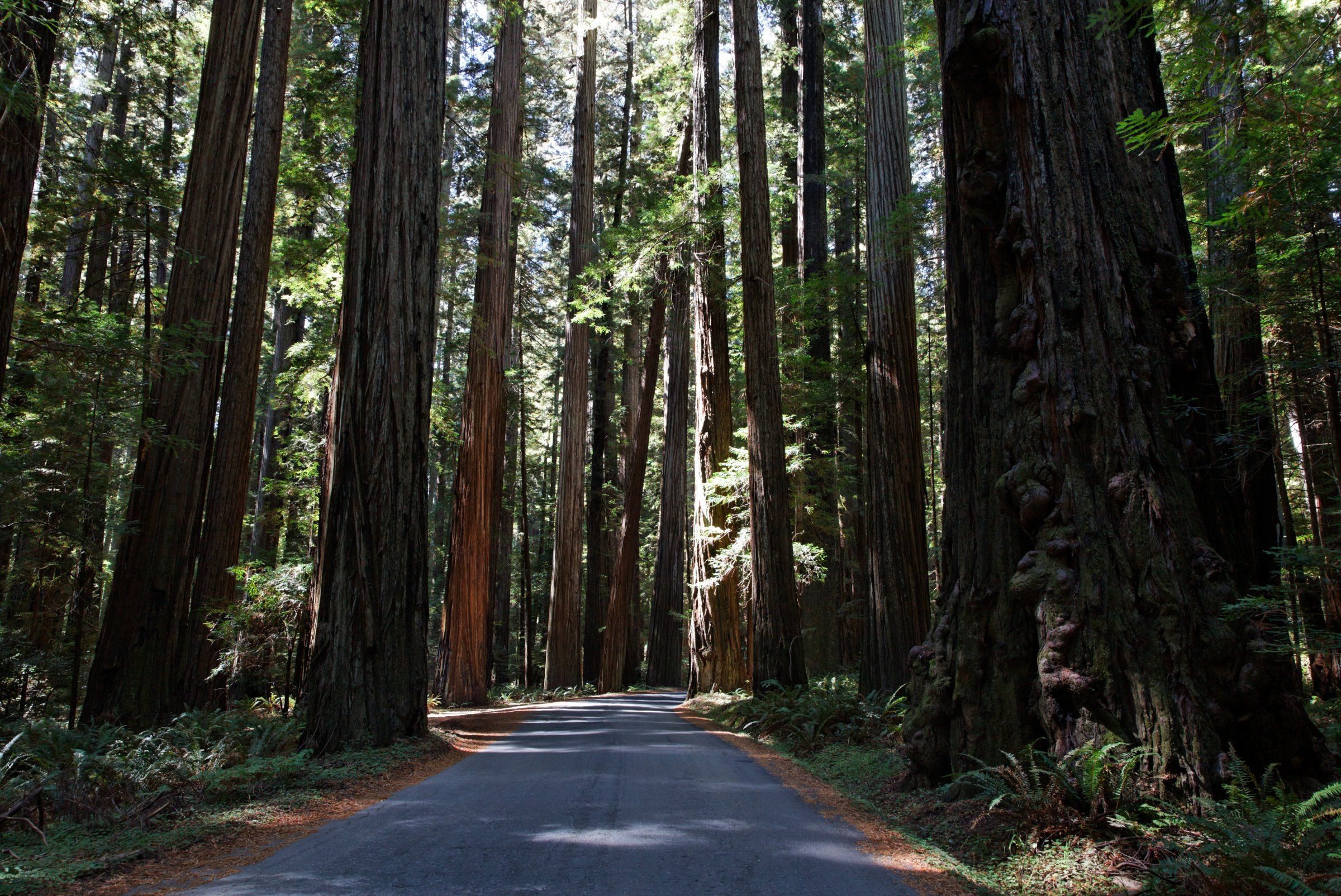
Industrial activity threatens almost half of all natural World Heritage sites, according to a report released Wednesday from the conservation organization WWF.
Natural wonders — like the U.S.’s redwood forests, Ecuador’s Galapagos Islands and China’s giant-panda sanctuaries — are awarded World Heritage status by the U.N.’s cultural agency, UNESCO, for an “outstanding universal value” worthy of special protection. But now 114 of the 229 sites have oil, gas or mining concessions, or are at risk from other industrial developments. Of the group, 46 face multiple threats, according to the WWF.
The ramifications of industrial activities can ripple well beyond the boundaries of the natural sites and into surrounding communities. “More than 11 million people living in and near World Heritage sites depend on them for food, water, medicine and jobs,” WWF international director general Marco Lambertini said in the report.
To forestall further damage, the agency called on governments to ban harmful industrial operations that threaten heritage sites, in favor of sustainable developments. The group also asked the private sector to refrain from financing damaging operations.
More Must-Reads From TIME
- The 100 Most Influential People of 2024
- Coco Gauff Is Playing for Herself Now
- Scenes From Pro-Palestinian Encampments Across U.S. Universities
- 6 Compliments That Land Every Time
- If You're Dating Right Now , You're Brave: Column
- The AI That Could Heal a Divided Internet
- Fallout Is a Brilliant Model for the Future of Video Game Adaptations
- Want Weekly Recs on What to Watch, Read, and More? Sign Up for Worth Your Time
Write to Mark Rivett-Carnac at mark.rivett-carnac@timeasia.com